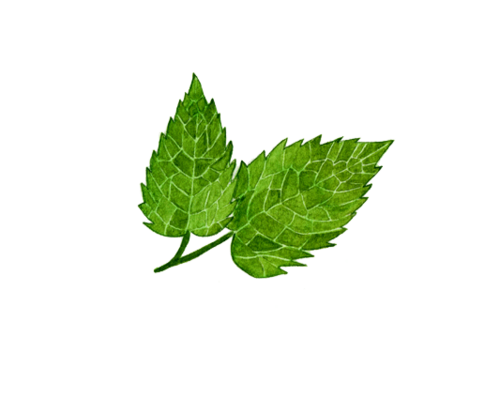About Ingredient
Spearmint is grown for its aromatic and carminative essential oil, called oil of spearmint. Spearmint leaves can be used whole; chopped; dried; dried and ground
Medicinal Claims / Health Benefits
In folk medicine, spearmint has been used for gastrointestinal distress, respiratory problems, stomachache, dandruff, bad breath, and chronic bronchitis. Spearmint benefits also include the ability of being used as a sedative, abortifacient, and menstruation stimulant.
Some human research suggests that drinking spearmint tea may help reduce excessive hair growth (called hirsutism) in women with polycystic ovarian syndrome (PCOS). Early evidence suggests that an herbal combination product containing spearmint may help treat irritable bowel syndrome.
At present, high-quality human trials do not support the use of spearmint for any indication. Better-designed clinical trials are needed before conclusions can be made regarding taking this agent for any condition.
Spearmint, spearmint extract, and spearmint oil are listed on the FDA Generally Recognized as Safe (GRAS) list.
Possible Side Effects / Allergies etc.
Caution is warranted, as spearmint has been found to dose-dependently cause liver and kidney damage. Allergic reactions to spearmint and spearmint oil have been reported.
Although it is commonly recommended that patients with gastrointestinal reflux disease avoid spearmint and peppermint, research in healthy individuals suggests that spearmint may not affect oesophageal sphincter function and acid reflux.
